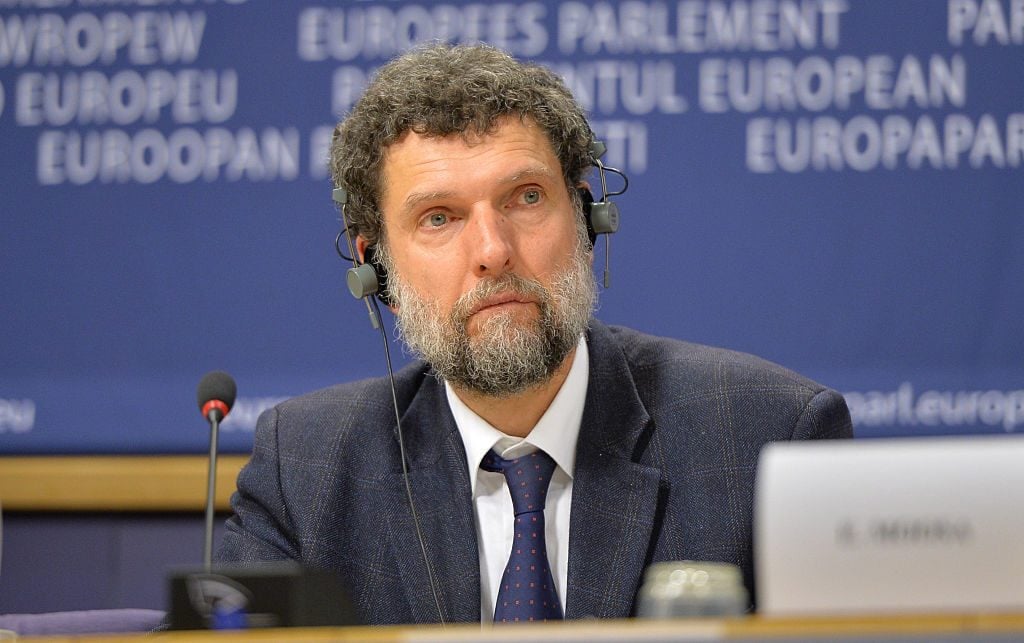Politics
Despite International Outcry, the Controversial Retrial of Philanthropist and Art Patron Osman Kavala Has Begun in Turkey
The U.S. and other nations are calling for the imprisoned businessman's release.

The U.S. and other nations are calling for the imprisoned businessman's release.

Kate Brown

The closely watched retrial of philanthropist and art patron Osman Kavala is now underway in Turkey. Kavala, along with 15 others, is accused of organizing the Gezi Park protests in Istanbul in 2013, which then spread across the nation.
After rejecting his request to be released from custody, Kavala appeared at the trial by video and complained that the charges against him keep changing, and drew parallels to Nazi show trials, according to Deutsche Welle.
The demonstrations in Istanbul, which protested the redevelopment of Gezi Park, were an “attempt to overthrow the government through violence,” according to Kavala’s indictment. It claims that Kavala, alongside Can Dündar, former editor-in-chief of a center-left newspaper, and actor Memet Ali Alabora, organized and financially backed the protests. Kavala also stands accused of being involved in the failed 2016 coup.
The prominent Turkish businessman founded Anadolu Kultur, a nonprofit that supports cultural projects in Turkey, in 2002. He had also founded a branch of George Soros’s Open Society Foundation in Turkey. Turkish president Recep Tayyip Erdoğan has accused Soros of masterminding the 2016 attempt to overthrow his government.
Kavala was arrested at Atatürk Airport in Istanbul without charges in October 2017. He has been imprisoned for the past three-and-a-half years as he awaits trial. He waited one year for his criminal indictment. If convicted in August, he faces life imprisonment without parole.
“The claim that I planned, directed and financed the Gezi protests was an extremely fantastical one,” Kavala told Reuters in March, adding that the allegations that he was involved in the 2016 coup attempt were “much more absurd” and “surrealist fiction.”
“They are impossible to falsify because they are not based on any evidence, concrete fact, or reality,” he said.
In February 2020, Kavala was acquitted of the charges, but was then arrested hours later. In February, the United States condemned the court delays and called the charges against Kavala “specious.” Germany and France have also called for his release.
The next hearing is set for August 6.